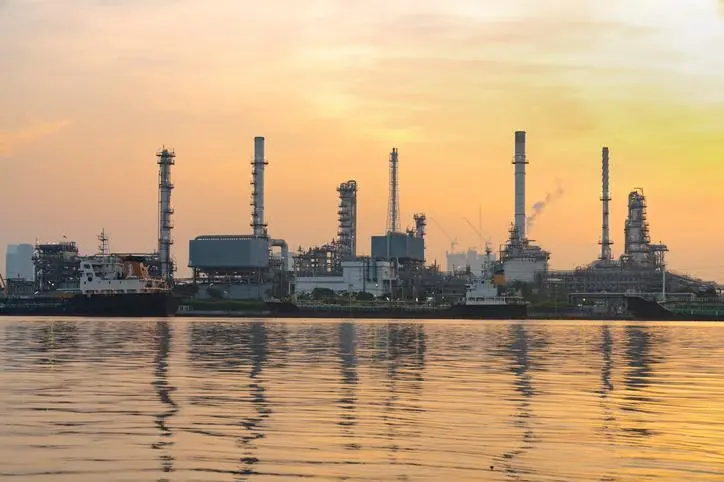PHOTO
The stereotype of an oil pit in the Middle East’s every backyard has endured for decades. It must have taken ages for the label to stick, and is difficult to undo. Like other labels, it is unfair and misplaced. Hence, it is time to turn to a new narrative beyond oil, not because the region is done with oil as an energy source, but because this is more than a bunch of countries that cannot do without it.
Aside from the complexities of the wider Middle East, the Gulf Cooperation Council (GCC) countries have made notable progress in diversification and have implemented ambitious plans to reduce their dependence on oil. However, achieving a sustained post-oil generation will take considerable time and sustained effort. Yet, to chart that course one, has to firmly believe in this as the chosen generation.
It is difficult to pinpoint the post-oil generation’s exact starting point or timeline. It is a gradual and ongoing transition rather than a specific event or moment. However, the concept gained prominence as concerns about climate change, environmental sustainability, and the finite nature of fossil fuel resources grew. It can be traced back to various milestones and developments.
Renewable energy technologies, international agreements and commitments to reduce greenhouse gas emissions, and the increasing recognition of the need to diversify energy sources have all changed discourse. Remember, the transition away from oil has gathered momentum over the past few decades but continues to be a work in process.
It is an unfair label also because different countries and regions undergo various stages of transition. The pace of change depends on the policies, technological capabilities, and resources at hand. Even as we move collectively toward a post-oil era, oil continues to play a significant role in the global energy mix, and its use is expected to persist for at least several more decades.
How we adapt to the transition, and its timeline, will depend on numerous factors, technological advancements, policy frameworks, and societal priorities being the most prominent of them. Oil has not always been the world’s primary energy provider. Before the Industrial Revolution ushered in coal as a major energy source, wood commonly powered heating and cooking. Also, we wouldn’t be here but for the steam power in factories and transportation.
The story’s moral is “This too shall pass,” the quicker we adapt to a new reality, the better it will be for our subsequent generations. Moreover, one cannot ignore oil’s continuing primary energy source role in powering economic growth and development worldwide. According to ILO, oil industry accounts for almost 3 percent of global GDP, and the trade in crude oil reached $640 billion in 2020, making it one of the world’s most traded commodities. However, like all good things, its use will end someday, albeit not so soon.
A generation broadly refers to individuals born and raised during the same period and sharing certain social, cultural, and historical experiences. Generations are often defined by a combination of birth years and the events, trends, and technologies that shape their lives. Going by that definition, most of us have lived through several generations of oil windfall and its crests and troughs.
A generation may technically span 20-30 years, but no universally agreed-upon rule defines its duration. Generations are also differentiated based on several factors, including technological advancements, cultural shifts, major historical events, and social changes during their formative years. Experiences shape attitudes, beliefs, values, and behaviours, leading to distinct generational characteristics and identities.
New generations bring unique perspectives, ideas, and priorities and are influenced by the world evolving around them. Generational labels help analyse societal trends and understand broad patterns. However, they should be considered as generalisations and not strict classifications.
For instance, the booming oil generation is attributed to the period known as the “Oil Age” or the “Age of Oil,” which began in the late 19th century. It marked the petroleum industry’s development and the widespread use of oil as a primary energy source.
The early 20th century, particularly between the 1920s and 1970s, is regarded as the most significant and booming time for the oil industry. Major oil discoveries were made during this time. Major oil companies were established, and oil-producing nations rose to prominence, coinciding with the rapid expansion of global oil production and consumption. The rest, as they say, is history.
With the non-oil component of most oil-driven economies increasing rapidly in the region, things are moving in the direction they are intended to. It is also time to shift a rather shallow “mostly-oil” narrative into a “post-oil” discourse. The world will follow suit when the region starts looking at itself differently.
Copyright © 2022 Khaleej Times. All Rights Reserved. Provided by SyndiGate Media Inc. (Syndigate.info).




















